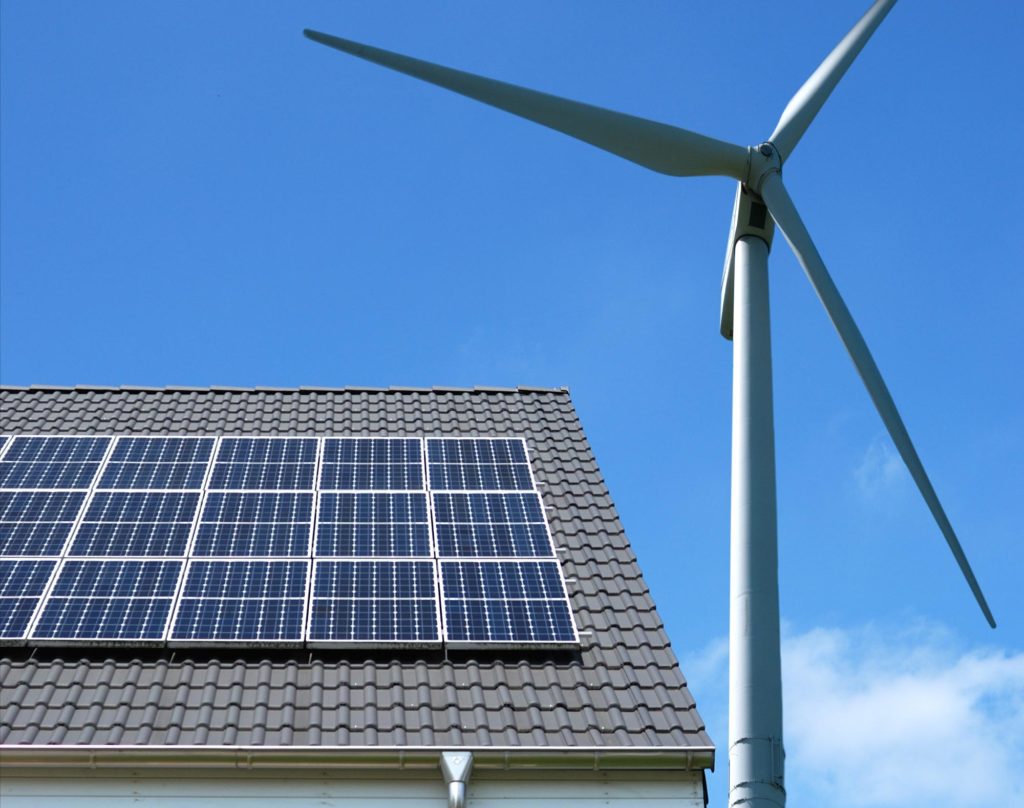Energy democracy is the idea that New Zealand can shift from a centralised, top-down provision of energy to one that prioritises deep engagement and local decision-making for communities to literally “own” their energy network.
The reason this is so important is not only because it helps to give a resilient supply of electricity, but it also quickly addresses inequity because all community members can engage in the process.
What does it look like?
The CEN version of energy democracy is about each community owning as much of their renewable energy generation, storage and use infrastructure as they can. This enables them to then make decisions about how much power costs and how to spend any profits on the specific needs of their community.
Our last blog on Energy Hardship was about the need to fix the homes and support the people so that that they can stay healthy in warm and dry homes. Alongside making our homes as effective and efficient as they can be, the cost of energy probably has the biggest impact on the level of energy hardship people face.
Why we need people to get on board…
Right now, many people are disengaged with how they get their energy and what they can do to reduce their costs. CEN even argues that most of us don’t even know how to read and understand our energy bills. This makes it hard to talk about the value of making changes to the way we use energy or even to how we produce it.
This lack of engagement is, at least partially, because features of the system, including the different generation profiles, the wholesale market, how the grid is managed, and complicated pricing structures all providing a disincentive for people to get engaged.
If we’re going to address energy hardship and if we want our communities to take ownership of their future and become more resilient, this needs to change.
The international landscape…
The good news is we don’t need to start from scratch. In fact, despite having the world’s first Wellbeing budget, New Zealand is behind the game on uptake of community energy. Most, if not all the countries we would benchmark ourselves against are well advanced in developing a community energy sector. This includes the European Union, UK, USA and even our cousins over the ditch.
The other good news is the Government has accepted many of the Energy Price Review’s recommendations. We are looking forward to supporting the roll out of many of these recommendations.
To learn more about the work of CEN, contact us.




